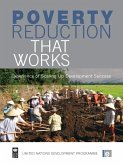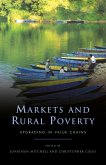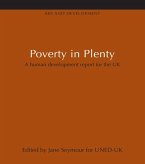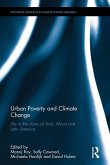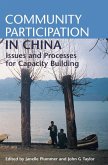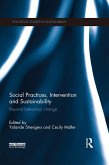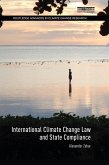The use of participatory research techniques to provide policy-makers with information about poor people's perspectives on poverty became increasingly common in the 1990s. This book focuses on the use of participatory research in poverty reduction policies, and presents a series of participants' reflections on recent and ongoing processes. The 1990s witnessed a shift in the application of participatory methodologies, adding to the project planning approaches of the 1980s a new focus on participatory research for policy. Much of this centres on poverty issues. In this volume, contributions from researchers and practitioners in the field of poverty reduction examine how participatory research has affected the way poverty is understood, and how these understandings have been acted on in policy-making for poverty reduction. Coming from diverse backgrounds, the authors' critical reflections feature various aspects of the relationship between participation and policy, spanning different levels, from the individual researcher to the global institution. They address technical, ethical, operational, political and methodological problems. Through raising their concerns, they highlight lessons to be learnt from current practice, and challenges for the future. These include the balancing of knowledge, action and consciousness in participatory research processes which can effectively influence the development of policy that reflects and responds to the needs and priorities of poor people.
Dieser Download kann aus rechtlichen Gründen nur mit Rechnungsadresse in A, B, BG, CY, CZ, D, DK, EW, E, FIN, F, GR, HR, H, IRL, I, LT, L, LR, M, NL, PL, P, R, S, SLO, SK ausgeliefert werden.



